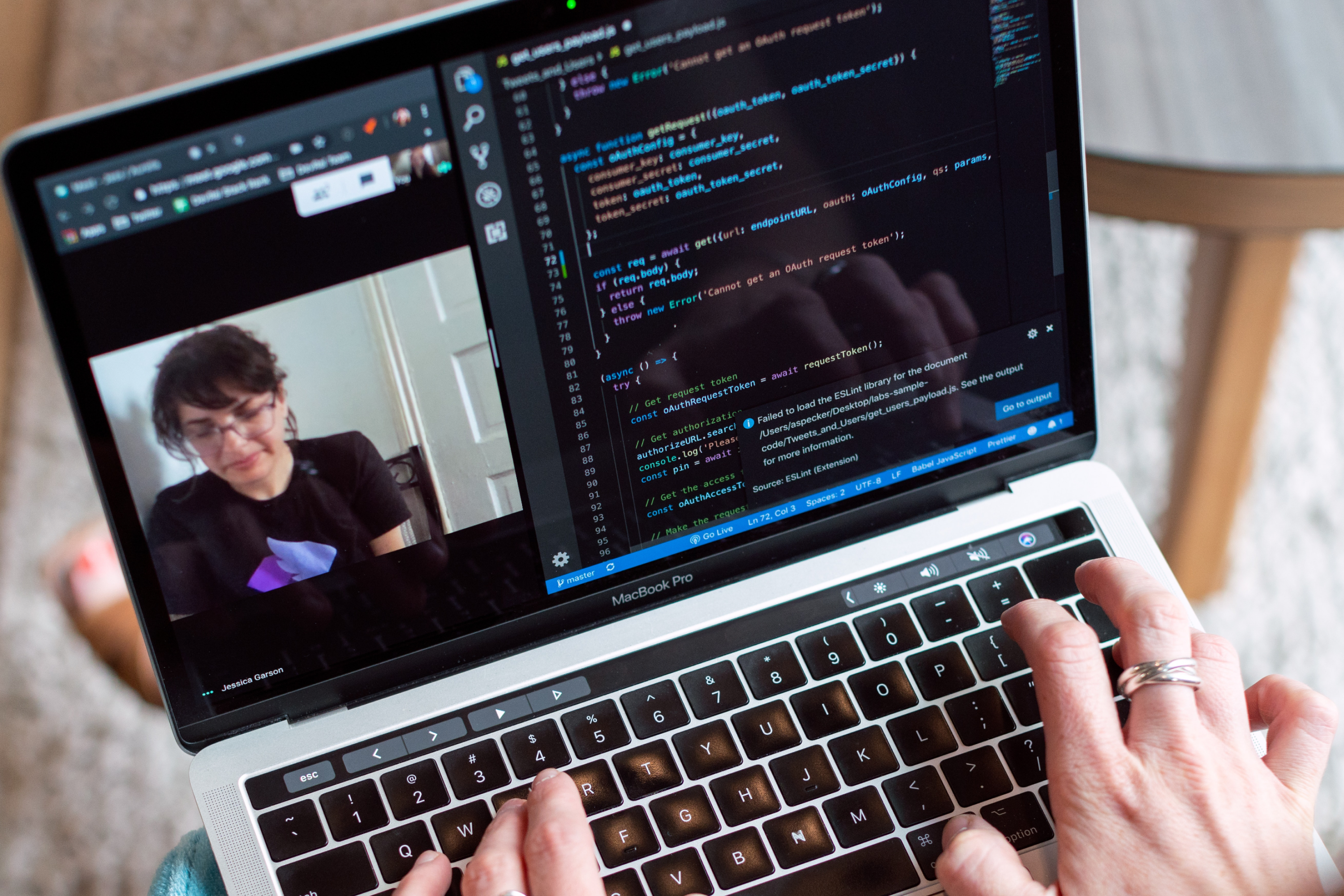The situation that arose from the spread of Covid-19 throughout the world is putting us in check. Companies and organizations in all industries will be forced to adapt and transform in order to survive. With the recommendation of social distancing - which we know in one way or another will last a few months - organizations in the field of education have the challenge of remotely training millions of boys and girls, youth and adults to face an increasingly changing and uncertain work world.
Online education is not something new. For more than a decade we've had a series of alternatives open up in the world and in Latin America. Some by skill niches, others by audience. While the advantages of learning remotely are many - ranging from more accessible costs, to hours of commute recovered - the challenges aren't small. The rate of students actually completing an online course is still low on many platforms, and we still have a way to go to get these spaces to build the "soft" skills that are essential to transition and grow in the labour market.
Empowered students
When we study because we are forced to, little remains of that experience. When we are not clear about why we want to acquire new skills, it's difficult for us to find intrinsic motivation to push ourselves through tough situations. When we lack experience practicing self-learning and reflection of our individual learning process, we aren't able to come up with a strategy that helps us become better learners every day.
For such reasons, it is essential that all students take ownership of their learning process. As educational organizations we must embrace a culture that encourages everyone to be responsible for their own learning process, and guide their way through it. To achieve this, things like a love of learning, self-learning, and a growth mindset must be at the core of every educational experience. Doing this online can be more challenging, but that's why synchronous experiences, where we don't watch a video but connect at the same time to share, are essential.
We learn by doing
Evidence shows that active learning - where we apply, interact, and reflect individually and collectively - is the best way to acquire new skills. The theory can help us learn certain concepts, but unfortunately it will not change our habits. Practice, on the other hand, does. So when running a remote learning experience, it's critical that it be designed for "doing". At Laboratoria, for example, all learning is project-based. Instead of learning for the sake of learning, the challenge is to design a social network to solve a community problem, and in this design process, learn how to reach that result.
Learning must respect individuality
We all learn at different rates. We have different strengths and weaknesses. Different motivations and timing. The most effective learning experiences are able to respond and adjust to this individuality. Facing a remote format, a huge opportunity opens up to advance on this path. Why should all students attend the same class at the same time, if each can access the information they need individually, based on their progress? Why should everyone finish the school semester at the same time, instead of letting each student finish once they've acquired the intended knowledge?
Collaboration is a fundamental pillar
Learning with a team is much more motivating than learning alone. Companionship, and the motivation for being part of a group with a shared mission can make all the difference. For this reason, we must make teamwork a fundamental part of remote learning. Projects assigned to pairs, or groups of five that meet daily to talk about their progress and challenges, and spaces for collective reflection, are some of the mechanisms that can help us build collaboration along the way. In the labour market we often hear that you don't get anything done alone. Why would it be different in academia?
So what should we do? The situation presented by Covid-19 today is pushing for the education sector to transform itself. However, this is not the only motivator. In a world with a higher life expectancy, in which everything evolves so quickly, education is not constrained to a finite period of our lives. Rather, it must become a constant throughout. Given this reality, educational organizations today have the enormous opportunity to create remote learning experiences that are more accessible, reach many more people and foster lifelong learning. It is our duty to transform ourselves to measure up.
*Translated by: RunaHR Team - Service Day 2020


